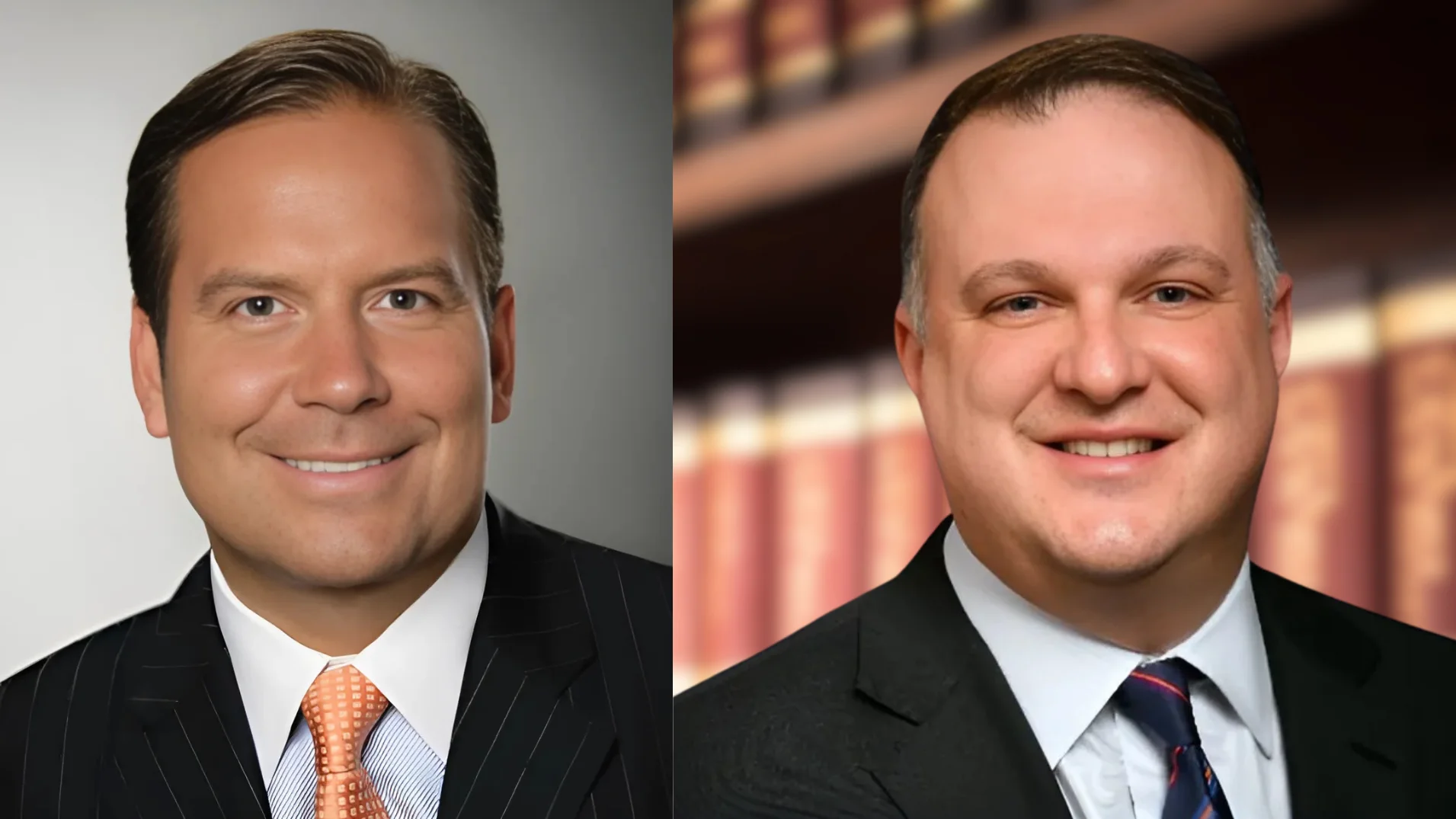Steve Cortes, CNN Political Commentator (left) & Matt Hall, Michigan House Representative (right) | Twitter
Steve Cortes, CNN Political Commentator (left) & Matt Hall, Michigan House Representative (right) | Twitter
Speaker Matt Hall, a member of the Michigan House of Representatives, has recently used his social media platform to address several fiscal and policy issues affecting Michigan residents. In a series of posts published on August 14 and 15, 2025, Hall discussed tax reforms, infrastructure funding, and education policy.
On August 14, Hall commented on federal tax proposals and their impact at the state level: "President Trump’s no tax on tips, overtime, and SS in the OBBB will do wonders for our state of Michigan. But many don’t realize they’ll STILL be taxed by the STATE. This is why our House Republican budget PRIORITIZES getting the federal tax cuts all the way down to the state".
The following day, Hall addressed concerns about how gas taxes are allocated in Michigan: "Did you know? Not all taxes you pay at the pump go to roads. That’s a betrayal of trust. Every cent should fix the roads you drive. Our plan is simple: Utilize every penny of gas taxes to repair Michigan’s crumbling roads & bridges — no tax hikes. Stop Senate Dems from using".
Later on August 15, Hall highlighted House Republicans' approach to school funding: "Parents don’t want government bureaucrats deciding how their kids are taught or how their schools spend money. That’s why House Republicans are delivering RECORD funding for schools. Instead of Lansing dictating how it’s spent, we’re putting that power where it belongs: in the".
These statements come as debates continue within Michigan over fiscal priorities and control over public funds. The allocation of gas taxes has been a recurring issue in state politics; not all fuel tax revenue is currently dedicated solely to road repairs due to various statutory allocations within Michigan's budget process. Similarly, education funding formulas and local control remain central topics among lawmakers and advocacy groups.
Hall's remarks reflect ongoing efforts by some legislators to shift more decision-making authority away from centralized state agencies toward local entities and taxpayers.


 Alerts Sign-up
Alerts Sign-up